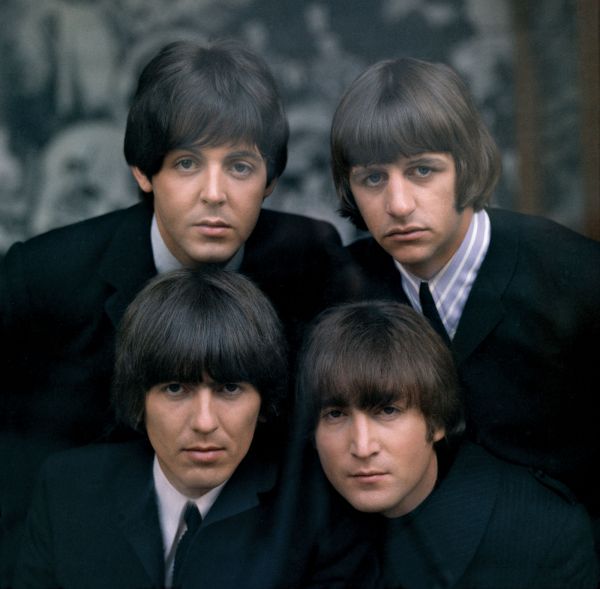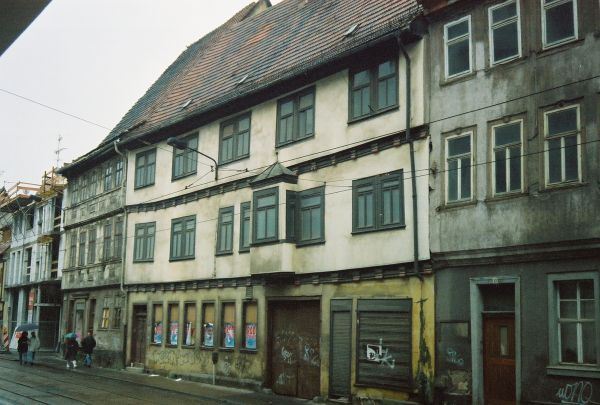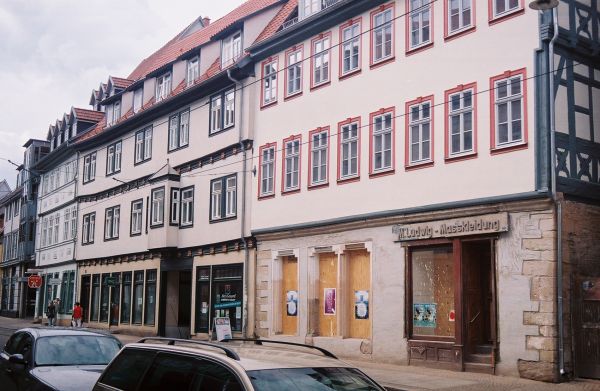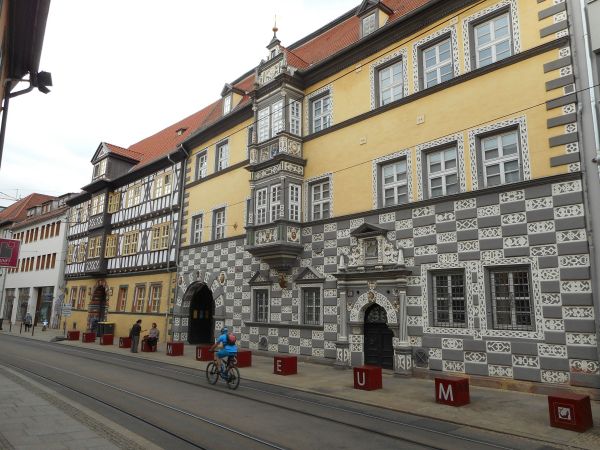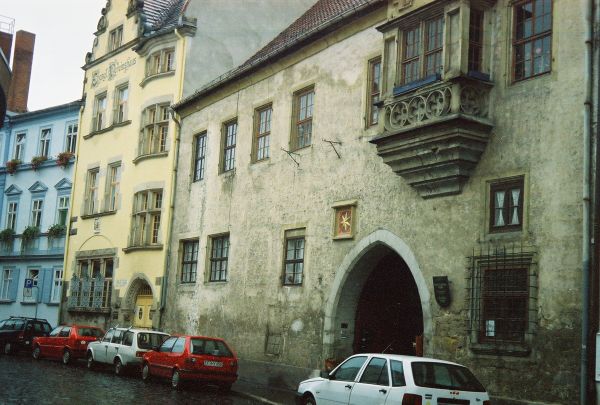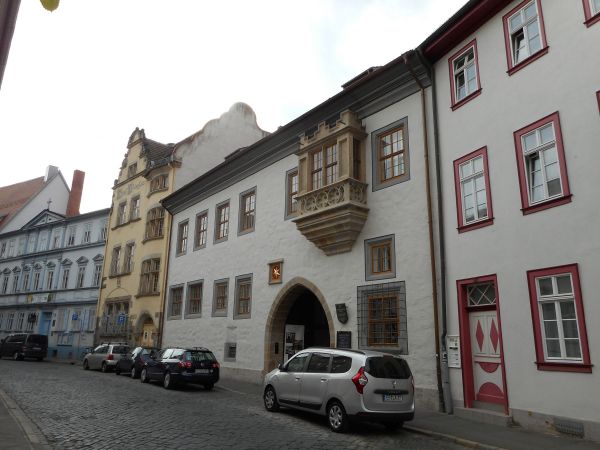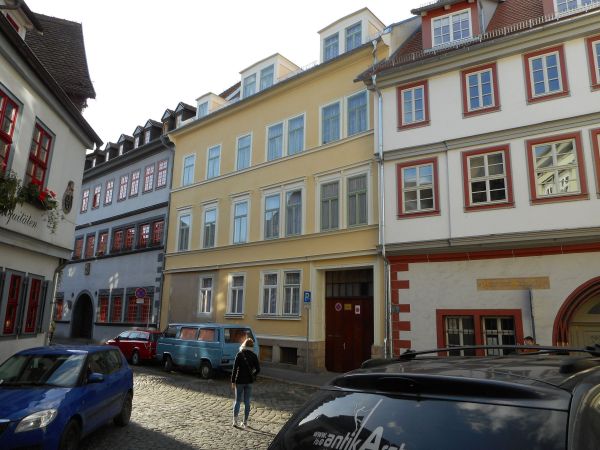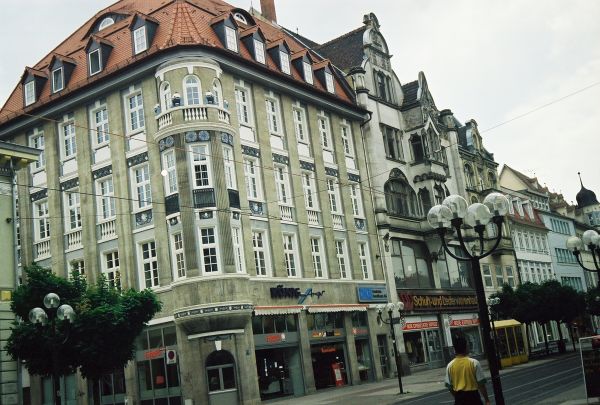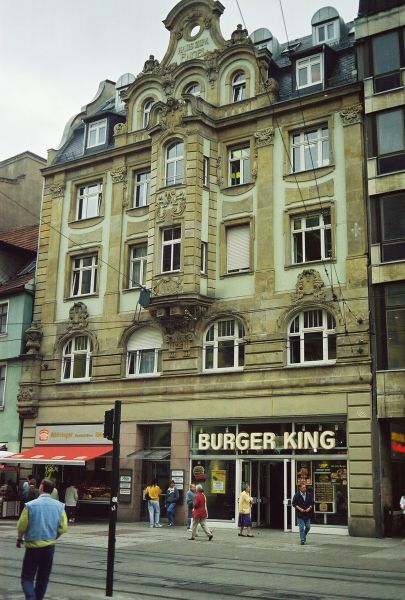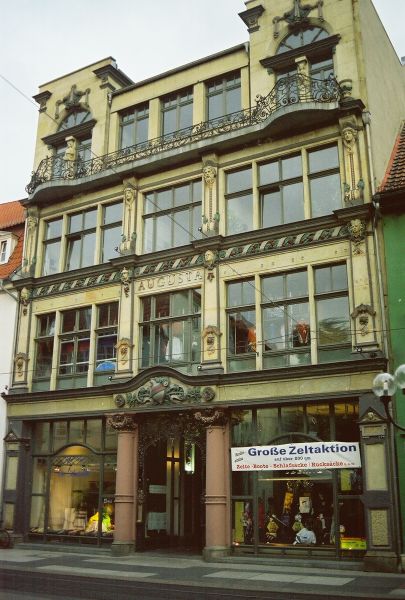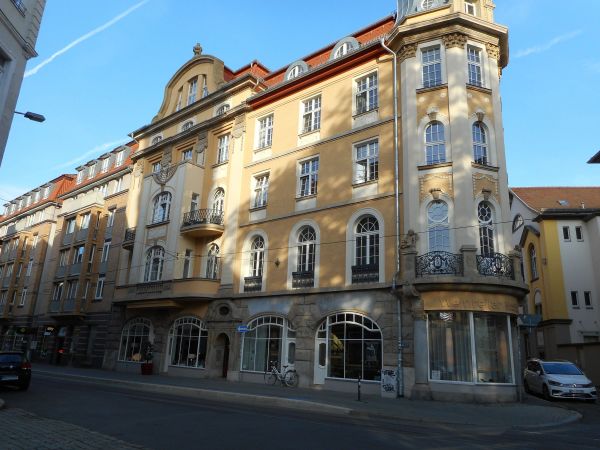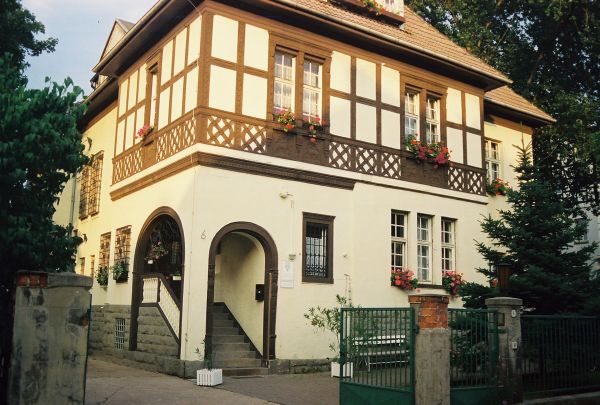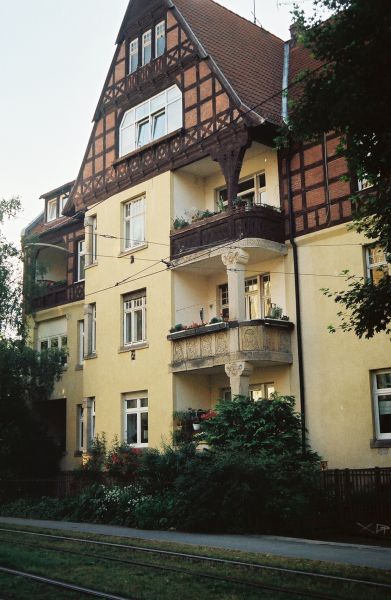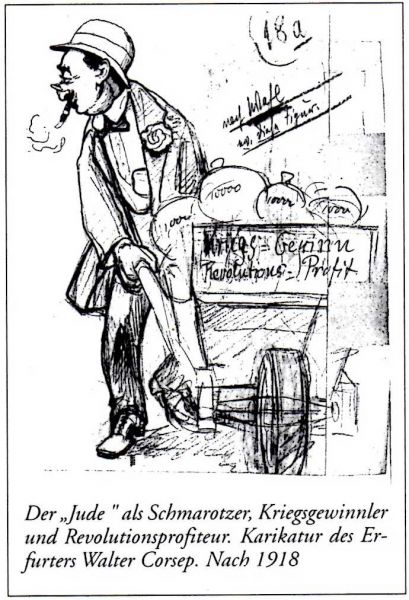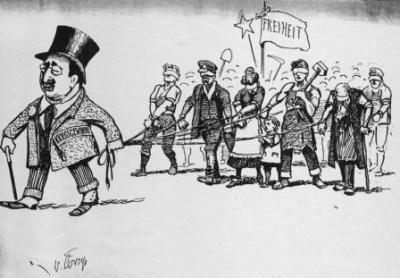Wealth in American Society
Baby! You're a Rich Man!
"You keep all you money in a big brown bag.
Inside a zoo.
What a thing to do."
The Beatles, Magical Mystery Tour
Lennon apparently wrote “Baby, You're a Rich Man” about himself. All of his mature music, say the musicologists, is “self-referential.” Lennon asks himself wryly, “How does it feel to be/One of the beautiful people?” By the time he wrote this song, he and his band-mates had topped the charts for several years with their music, had sold millions of records, both in the UK and the US, and become extremely wealthy.
Recorded in 1967, “Rich Man” charts a new course in his music. He questions Western society's preoccupation with wealth and social status. He later said in interviews and in writing that his moral concerns led him to embrace left-wing radicalism. Then, in 1968, on the album The Beatles, Lennon sings “Revolution1”:
We all want to change the world.
But when you talk about destruction,
Don't you know you can count me out?”
Then as an afterthought, Lennon changes his mind and adds “In.” One can almost see him grin mischievously.
After the Beatles' break-up, Lennon recorded two more songs, “Power to the People” and “Working-Class Hero,” in 1971. Occasionally, a brave journalist asked him how he felt justified having so much money. It embarrassed him and made him act surly and put-out.
He bought a Rolls-Royce car, painted it psychedelic colors, then let his fans trash it. When someone asked him why he allowed it to happen, John replied, “They paid for it.” In spite of his hard work and humble beginnings, he remained ambivalent throughout his life about having so much wealth. Perhaps he reacted negatively to the imputed elitism of wealth, or guilt over having all that money, when other people hardly had enough to eat. Everyone wanted to know the "real" John Lennon. Too bad no one got a definitive answer before December 8, 1980. A crazed fan waited for Lennon to return to his hotel in New York, late one night, then shot him five times.
Lennon worked like a dog for every cent he earned. He and his band-mates moved to Hamburg, Germany, while still teenagers and lived in a flea-bag one-room apartment. They performed late into the night for a succession of seedy clubs. During his stay in Hamburg, Lennon celebrated his 20th birthday. The police eventually caught up with band-member George Harrison, still only seventeen, and deported him back to England.
The other band-members hobbled on for a while, then they returned to England, too. They had little contact with each other for a period of time and came close to ending their musical careers in order to pursue something else. Fortunately, they pressed on in an environment crowded with competitors. They brushed off every disappointment and pushed on. At every stage of their performance-career, they strove for perfection in musicianship. "We were never an overnight sensation," commented the bass-player Paul McCartney, some years later. McCartney described his time in Germany, saying "We were kids let off the leash."
McCartney's circumstances were a lot poorer than mine, but I remember the feeling of getting "off the leash" when I started college and enjoying a more independent life than I had ever had. It accelerated my forward movement toward adulthood, toward developing a view of things apart from my previous life and not following so blindly my conservative Republican parents.
The Beatles dissolved their partnership in 1970. During college, I remember thinking how the break-up let them off the leash again and allowed them to emerge from their group persona and compose as individuals, for better or worse. Lennon assumed a revolutionary stance that never convinced me. The contradictions were problematic. He drove a Rolls-Royce and lived on a palatial estate in richest Weybridge, and I wondered if Lennon's transition expressed his childhood hurts or drug-addled thinking, more than it did Marx and Lenin.
With my dad deeply in debt, I had to live off-campus as a starving student in a poor-ass, leaky trailer. The totality of Lennon's antics didn't add up. I hated my poverty so much, I wanted to drop out of college and go to work. My parents talked me out of it, but I could hardly wait to graduate, get a job, and make some money. I wondered what Lennon would have done if left-wing revolutionaries overthrew the British government, seized the banks, and stole all his money? Did his right hand even know what his left hand was doing? Did he cave to social pressure and wear a revolutionary mask just to appease his critics?
The Marxist Reality
"Imagine no possessions,
I wonder if you can,
No need for greed or hunger,
A brotherhood of man.
Imagine all the people,
Sharing all the world."
From the album Imagine,
by John Lennon.
A communal existence? All goods held in common? Since nobody can own anything, is it true that nobody has an reason to be greedy? Is it too good to be true, or is it too stupid to be believable? Many poor countries with tribal structures govern themselves along these lines. I cannot say that any of them has been particularly successful, but it has certainly been tried already. It does not create wealth at a level tolerable to people in developed countries; so how does the idea of communal wealth continue to attract the already-wealthy?
The former East Germany came close to the communal ideal and operated officially as a Marxist, socialist, satellite nation. We should remember that many East Germans hated it so much, they were willing to die to get out of there. The communal ownership of property stunted East Germany's economic development and left it with an industrial infrastructure so obsolete, it had little value beyond that of unrefined scrap-metal.
Now that I am older, I have come to expect behavior like Lennon's. I take for granted that the American media will pressure ultra-wealthy Americans to express contrition for their wealth and sense of privilege. In public confessions, they agree to "give back to the community" to remove the stigma of self-centered callousness. They agree that the wealthy should not flaunt their wealth, and agree to similar concessions to regain public approval.
The American public's intelligence about wealth-creation is so low, no one considers that the ultra-wealthy would serve America better by continuing to work hard, make more money, upgrade, and expand their business empires. Whatever intelligence the public has about wealth-creation is trumped by resentment and envy. Ordinary people can comprehend little more than the notion that wealthy people carry their money in a big brown bag, like Lennon's song suggests.
The public has no insight into the science of prosperity. That the rich exploit the poor and that they should share their wealth generously with the poor is about as far as the public can reach intellectually. Preferably the rich should give it up through societal pressure, but by force if necessary. Likewise, the poorer nations of the world believe that wealthy nations have an obligation to share with the poor.
A Reality Check
Every American needs to leave the U.S. and tour the wider world, sample daily life in the world's competing nations, in order to compare it to life in America. Americans should sample the everyday cuisine of the other countries, drink everyday water as it comes, walk everyday streets, and take in the regional smells, Most Americans would want to return early, if they could. Even naturalized Americans, who grew up in another country, will be glad to return home—to the U.S., that is. Most will say that they have seen enough for one visit. Maybe one in a hundred will want to live anywhere but here. They might continue to parrot the virtues of tolerance and diversity, but most know deep-down, even after years of unremitting propaganda, that only a few dozen of the world's 190-odd nations can offer them a decent living. At least half of the nations have openly autocratic regimes that carry the heavy stamp of religion and class.
It's quite simple: America has it made. It is the choice-destination of anyone wanting to make a new start and create a new life! This distinction—well-known in the wider world—makes us the target of an immense amount of envy and resentment. No country in the whole world has it so good. No other nation offers the boundless opportunities and incentives to create wealth.
The resulting cornucopia antagonizes so many of the world's nations, we have to keep buying off their outrage and moralizing. Hardly a day goes by when we don't feel them breathing down our necks. I keep wishing that America's own complainers would go somewhere else and leave us alone, but if you ask them why they stay on, they will glare at your affrontery and tell you to your face they are not going anywhere!
The Republican concept that keeps people coming here, you can encapsulate in just a single sentence: If you make money, you get to keep it. Commercially, you get to do just about anything, and if you make money, you get to keep it. The government will not confiscate it; the police cannot extort it. Neither the majority religious class, nor a political machine has a constitutional justification to take it from you. In the world's dodgy scheme of things, this factor alone lures millions of people across the globe to come here. Nothing can keep them out.
You get to use your wealth to fund new commercial projects and make even more money. In the world's poor nations, wealth leads to an independent stance, which antagonizes the public; so its leaders whet the appetite of a mob and give them the justification for stealing your money, if you happen to have any. If you want to make money, you have the choice of emigrating and trying your luck elsewhere, or staying home and not making any trouble. Not surprisingly, many emigrants wind up in the U.S.
The Republican value system is basically a bourgeois value-system. No one should feel ashamed of the term. The historical Bourgeoisie were citizens of fortified cities in Europe. Their rulers knew they preferred the protection of a city wall to make them feel safe. Even the words bourgeois in French and Bürger in German derive from the root word Burg or bourg, which means “fortress.” The rulers allowed the bourgeoisie to own real estate and start businesses—whether selling agricultural products, weaving baskets, forging metal products, or producing apparel--and our concept of a modern society took off like rocket.
The rulers also set up a bureaucracy to keep track of the citizenry's business dealings and the taxes they paid. The taxes financed the upkeep of the fortifications and paid for soldiers to guard the city gates. Inside the fortifications, peace and orderliness led to wealth-creation, a sort of greenhouse-effect. Their wealth allowed the bourgeoisie to build grand homes. A tourist can still see their grand homes in European cities not ravaged by war. They call out to passersby: “Life is good! Don't start any wars! They're bad for business.” The culture of the grand houses thrives only in peacetime.
Imagine No Possessions
Such a city was my Great-great-grandfather John Siegling's hometown, Erfurt in Germany. After World War II ended, it fell under the control of the Soviet Union and became part of the Soviet satellite East Germany; but until the Great Depression and the War, Erfurt experienced unparalled prosperity, like so many European walled-cities. In the late 19th century, many of Germany's biggest corporations started up, fed by capital and innovation.
But after the Soviet government took over, economic activity in East Germany came to a screeching halt, The Marxist government forbade private citizens from owning property. The government confiscated every business and tried to run them as public property. Nobody had capital to invest in anything, so East Germany had to rely on infrastructure it already had. By the late 1980s, the obsolescent factories and utilities broke down, and East Germans demanded the government's ouster.
Great-great-grandfather's descendants in the States had wanted to visit Erfurt after the War but couldn't because of travel restrictions imposed by the East German government. Even after the Berlin Wall came down, they had to wait until West German engineers updated the East's instrastructure. Thanks to the East's secrecy, no one had a clue how big a task that would turn out to be. West Germany had to repair bridges, update railway lines, clean up toxic-waste dumps, upgrade sanitation and water-works, and remodel every building in the country. Much of East Germany's infrastructure had received next to no maintenance and retained little value except as scrap.
I did not visit Erfurt until 1998 and was so disappointed, I wanted to leave the next day. Stacks of building material and scaffolding parked everywhere, many of the buildings virtually uninhabitable--a sad fate for such a dynamic city. In every street, I could see signs of Erfurt's former wealth, especially in the buildings, called Patrizierhäuser, or patrician houses; but the East German government, with its centralized, no-frills economy and perpetual frown on private wealth, never could find a use for them.
Johannesstrasse, 2011
Allerheiligenstrasse, 2011
The Patrizierhäuser conveyed a social status on the owner, more or less as patrician houses do today. Building them would have employed troops of carpenters, glaziers, painters, and masons. The owners ran their businesses from the houses and employed a staff to manage them. Hundreds of these individual efforts caused the phenomenon we know as private wealth.
In a society, however, where no one owns anything, no one bothers to make money, no one builds grand houses or employs artisans. The citizenry lack an incentive to do anything but perform their drudge work and receive its meagre wages--wage-slaves in the worst sense. They visited the government-owned shops and bought inferior merchandise produced by uninvolved workers. No wonder people wanted to leave East Germany.
No one had the incentive to improve their lives, no one did anything except by force. The collective-will of a society either encourages the proverbial tent to expand its space, or lets it shrink. The tent widens or narrows incrementally everyday. It never stays still; so a government's policies have to produce circumstances that encourage people to produce wealth. You can do that only if you let them keep it and let them choose how to spend it.
A Second Renaissance
Basically Great-great-grandfather Siegling left Erfurt because he could not find work there. The French army under Napoleon Bonaparte had occupied the entire region and brought commerce to a halt. Great-great-grandfather settled in Charleston, South Carolina, and started his own business. It thrived, and he could send money home regularly, so that his parents and siblings would not go hungry.
After the defeat of Napoleon, the King of Prussia annexed Erfurt and instituted commercial refortms; and in 1871, his right-hand man Otto von Bismarck coaxed, or coerced, the bankrupt kingdoms and principalities of German-speaking Central-Europe to unite. They created the modern Germany that we know today. Thanks to this unification, Germans all used the same currency, adopted uniform standards of measure, and traded consumer goods without the fuss over customs duties and trade restrictions. With a national army to defend it, Erfurt no longer needed fortifications. People could travel the length and breadth of the nation and feel safe. Prosperity took off like a rocket.
Government-investment in rail-travel greatly boosted internal trade. Industrialization and rail-travel went hand-in-hand. No longer did shippers need to move goods over muddy country roads with a horse-drawn carriage. Trains could do the same trip in just a day or two. Trains also allowed a manufacturing facility to connect every stage of its industrial production. A rail-network inside a huge steel-mill could move coal, ore, and finished products rapidly through each stage. No one had ever done that before. This totality in a single business-entity needed a professional term to define it. Business-analysts call it “vertical integration.”
Steel trusses, girders, columns, and framing allowed manufacturers to construct larger factories for other purposes. Manufacturers had to convince investors to help raise the capital to pay for it, so they issued stock certificates. When the enterprises made more money, so did the stockholders. Alexander Hamilton explained capitalism this way: A few dollars in the hands of many people is just money. Put a lot of money in one pile, and it becomes capital. Investment-capital is the lifeblood of our nation.
The business-owners and financiers needed somewhere to live after they made their fortunes; so they consulted their architects and designed a new generation of Patrizierhäuser, sporting the latest building styles. The influx of wealth also enabled lawyers, accountants, advertising agencies, and government departments to build new office buildings with trendy art-nouveau and art-deco architectural motifs.
The architects had the concepts ready and waiting. The countryside around Erfurt had a ready supply of the building materials—wood, stone, slate, and now metal products. Whole neighborhoods on the west side of Erfurt consisted of these artistic villas. They and the new office buildings in the Anger Boulevard lent a cosmopolitan ambiance to Erfurt. The two renaissance periods exist side-by-side in a single town and hopefully convey the insight that wealth defines a city's architecture:
But not everyone profited by the new prosperity. The less successful also found it grating that Jews represented a disproportionate number of the success stories. The Jews had arrived in Erfurt when the King of Prussia offered them citizenship. Many Jews took advantage of the opportunities offered by the city and started businesses that became famously successful. They built splendid dwellings that encouraged the envy and resentment of others.
Then the backbiting started. Following the disastrous loss of the First World War, Walter Corsep infamously slandered prominent Jews in Erfurt with his artwork. John Lennon said the rich carried around their money in a big brown bag. Corsep portrayed Jews carrying money in a wheelbarrow. Their faces are lustful with power and the wish to hurt other people:
Informed business people would tell Corsep that it is insane to hoard cash. Cash starts losing value to inflation right off the bat, so a smart person will convert it into assets with upside potential, like stocks and bonds, that can outpace the rate of inflation. Poorly informed people like Lennon can only imagine wealth in brown bags or in wheelbarrows. They have a dumbed-down concept of wealth-production, founded on resentment and envy.
In the second picture, Corsep pictures a Jew doing what he loves most, pulling along his wage-slaves in shackles. The images would work just fine to publicize an Occupy Wall Street membership drive. Instead, they fueled the rise of the Nazi Party:
East German propaganda also thrived on such images, except that the images jive with the Nazi perception of the wealthy, too. Hitler and the other leading Nazis would excuse themselves saying they only carried out the will of the people to seize Jewish wealth—im Namen des deutschen Volkes—not something they did for their own gain.
The term Nazi is an abbreviation of National Socialist Party. “Real” socialists insist the Nazis were right-wing, not left-wing; but Nazi is surely an acronym of the National Capitalist Party. It does not take a rocket scientist to figure out that a right-wing government does not confiscate the wealth of private individuals. Capital, by its very definition, is private wealth; so a right-wing government cannot touch it. Confiscation is more typical of socialists.
The Nazis did other things that socialists do. They demanded leadership positions in businesses, private clubs, and other organizations. They nationalized important industries, and the leaders of those industries took their orders from the Nazis. In other words, they did not create wealth; they went along with the Nazi game-plan. If they refused, they had to take the consequences. The Nazis controlled every commercial or private function of the nation, again like the socialists, not the capitalists; but don't expect the Left to draw any attention to these parallels.
Defining the Left
To define the intentions and philosophy of the Left, you might as well spin a roulette-wheel until it stops on one of the Left's favorite trade names--progressive, social democrat, liberal, a force for change, or equality. If you peel off labels, you might find older, discredited labels like soclalist, Marxist, or even older labels. Running through the trade names is the red thread of democracy. The Left consistently touts democracy as the solution.
If my readers will engage in a little studious research, they will learn that the Left has no definitive philosophy, nor has it a consistent policy-direction. As true-blue advocates of democracy, the Left has to leave a lot of its options open for "the people," meaning the Left has to consult its people. Leadership by "the people" can have democratic origins, or it can also mean leadership by le peuple in French or der Pöbel in German--meaning leadership by a mob that coerces the people.
Like any second-class political group, the Left has to define itself by its enemies, again like the Nazis and Soviets. Trying to sow disharmony carries a few risks; so the Left does the next best thing. It recycles the old term “equality,” hoping nobody will study its history too closely. The means to keep people “equal” can take a dictatorial direction. I put equal in quotes to make a point, so that people will think of equality in terms of its left-wing origin: “You're not better than me,” and “You can't have more stuff than anybody else gets.”
One hears frequent criticism of the Republican Party in the liberal press, but it cannot criticize Republicans on a very important point: Republicans will tell you what they believe and why. They can cite the foundational documents that they operate from, as well as the philosophers who brought the inspiration to the documents. What you see is what you get.
The Democratic Party cannot do that. What people have influenced Liberal thought? Bertrand Russell? Karl Marx? James MacGregor Burns? Huey Newton? The most the Left can do is define itself with criticism of the Republicans. They have to bounce off the Republicans for definition. They also need enemies to define themselves, since they have no philosophy that can do that independently.
This presents a significant obstacle to the solution of America's disunity--the division of the nation. The Republicans could create a nation of their own—on planet Mars, if they had to. With a working political and economic philosophy expressed by foundational documents, they could hit the ground running anywhere. The Democrats cannot stand on their own. They need enemies and wealth to exploit. Otherwise, they will lie dead in the water.

